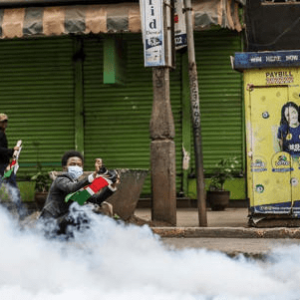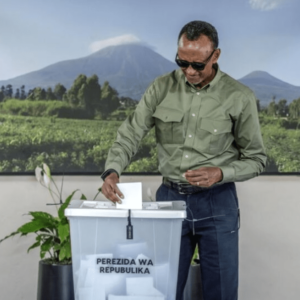Haiti – A survey conducted by a coalition of 12 women-led nonprofit organizations (Rasanble Pou Ayiti) revealed alarming results regarding the need for mental health intervention.
During the last week of February 2024, Haiti experienced the worst moments of an already very serious crisis: the country was completely isolated due to the increase in gang violence that took control of more than 80% of the capital, Port-au-Prince. This emergency situation motivated a group of women in leadership positions to look for ways to accompany the population. Thus, they wanted to evaluate how they could address the situation collectively, in order to have a greater impact in the vast communities in which they work.
A survey of the population in Haiti’s ten departments highlighted a growing concern for mental health. The data showed that one of the priorities of a large proportion of the individuals surveyed was to receive psychological assistance. According to the results obtained, the crisis has particularly affected their mental health.
“The first step toward building a new Haiti is to heal the emotional wounds of the population,” said Roseline Benjamin, Director of the Psychological Axis of the IDEO Foundation.
What was once a cultural taboo is now one of the population’s main concerns, alongside medical care, education, water/food, security and work (see attached Figure 1).
Rally for Haiti is a coalition of 12 organizations, primarily from the diaspora, that focus on social support in education, health, and building sustainable communities. The group conducted the survey in April 2024 with 1,016 participants with the aim of developing a strategic plan for humanitarian assistance and addressing the specific needs of the population as expressed by them.








